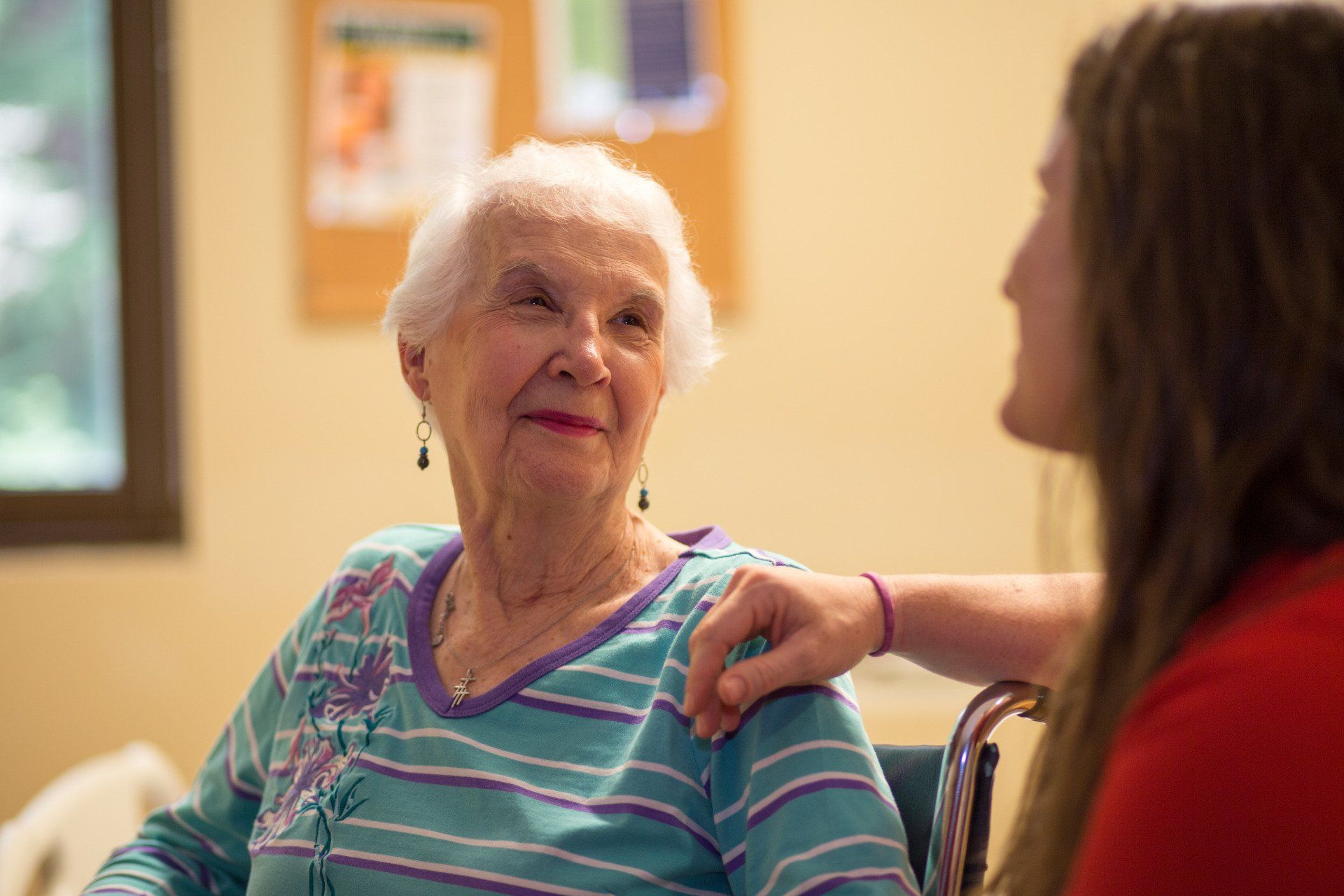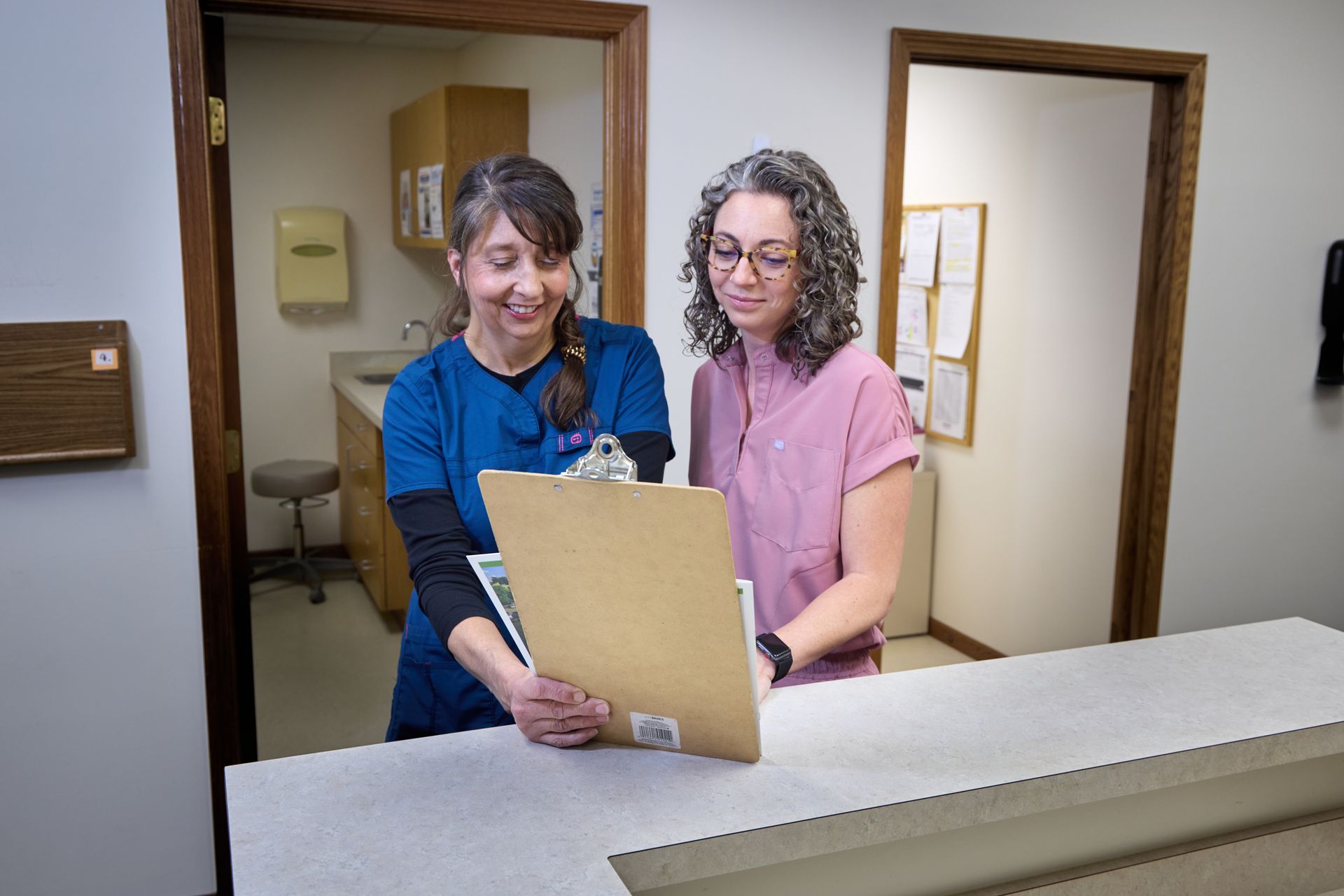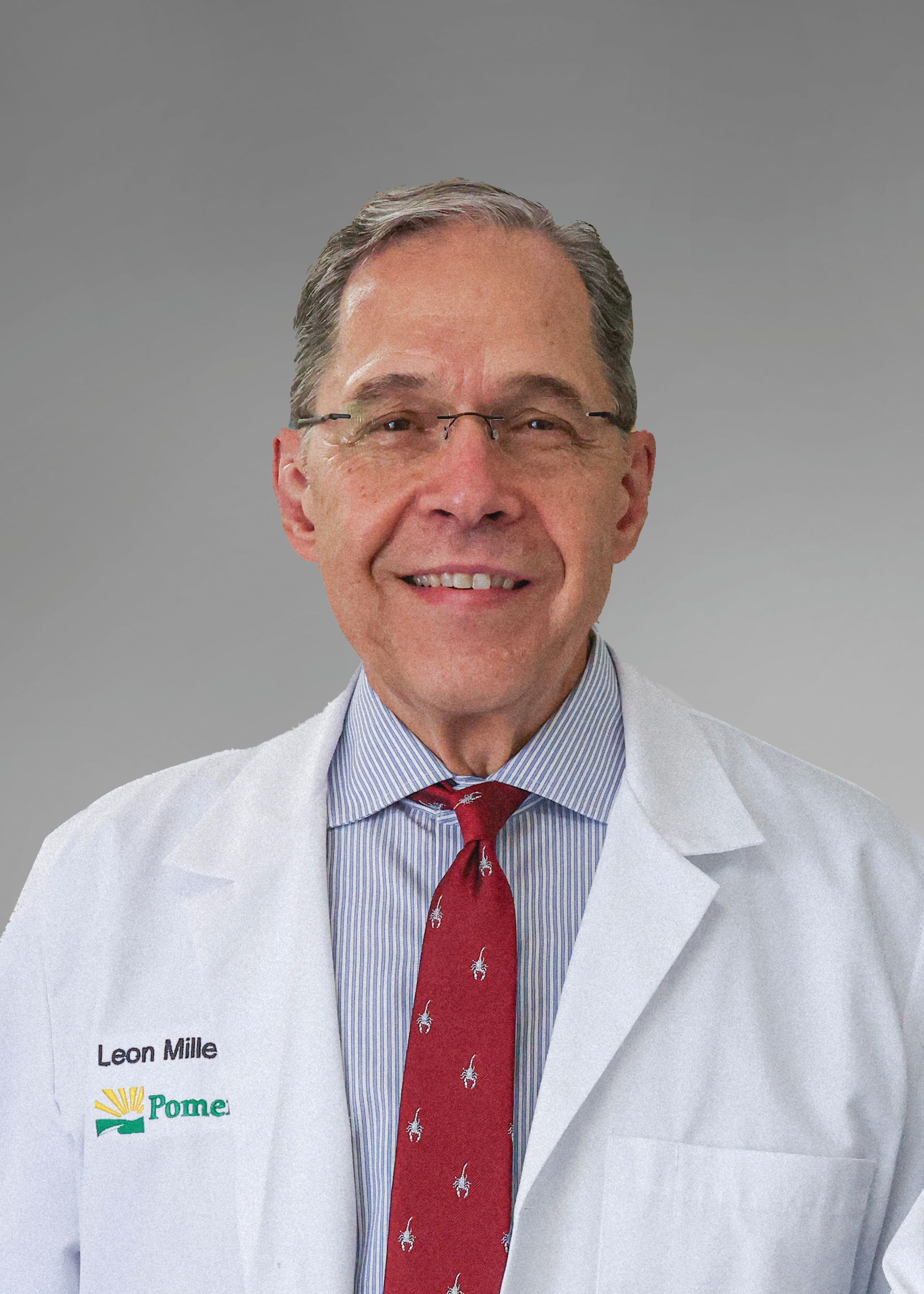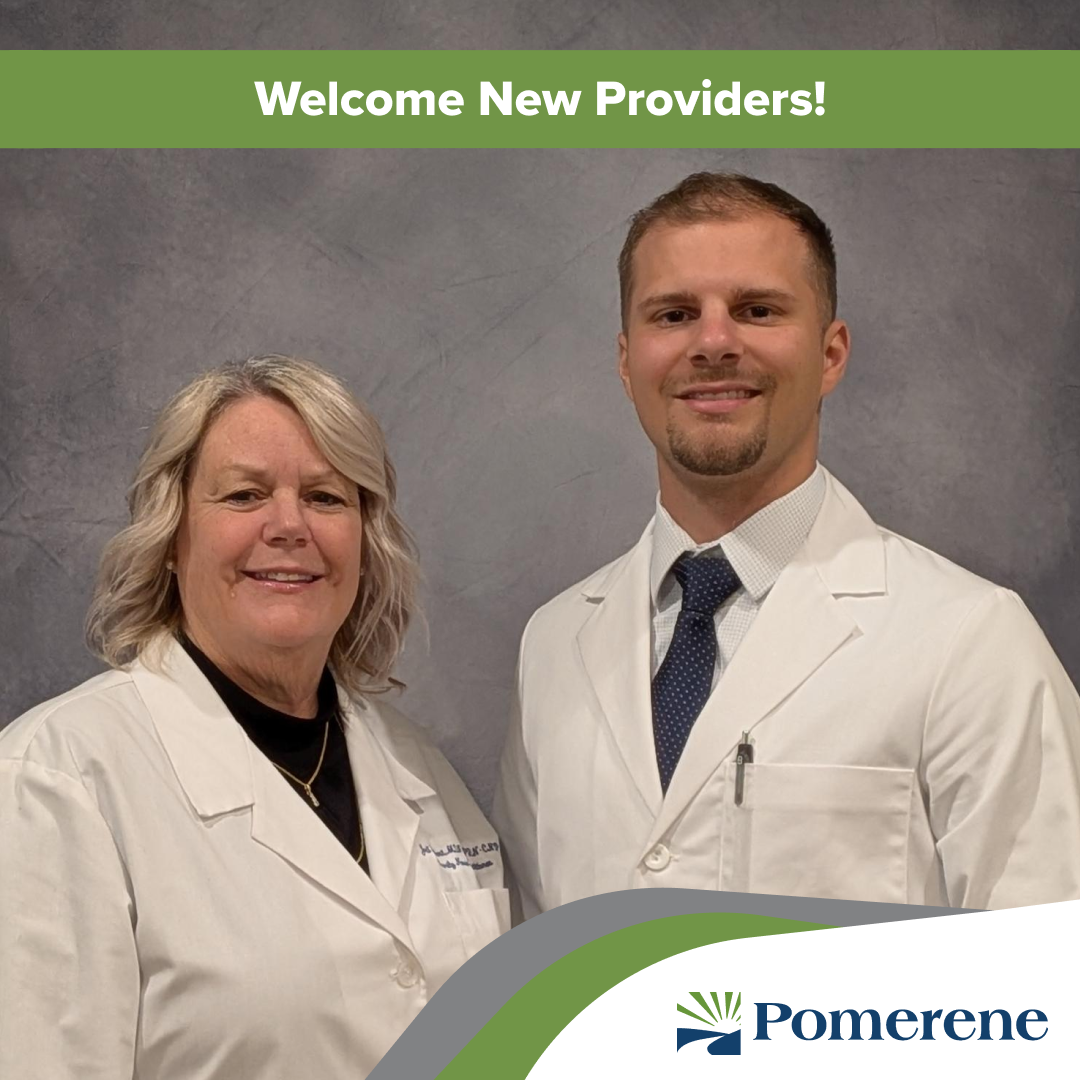Who is affected by Breast Cancer?
Who is affected by breast cancer? Think carefully before you answer. If you said ‘women,’ you are partially correct. But the correct answer is ‘EVERYONE;’ everyone is affected by breast cancer. Men don’t get breast cancer as often as women and that is why men don’t get screened for breast cancer and women do. But a man will be affected when a woman in his life is diagnosed with breast cancer; it could be a wife, a mother, a sister or even a daughter. EVERYONE is affected by breast cancer.
One in eight women have a life time risk of breast cancer, that means about 12.5% of women will at some point during their life experience breast cancer. That’s a lot of women! Let’s do a little exercise, name eight women you know. Now think about it, statistically speaking one of those women will at some point in their life experience breast cancer. That’s a sobering thought.
This statistic is why society has placed such importance on breast cancer screening and why Pomerene Hospital has invested in the latest technology in breast cancer screening - Tomosynthesis Mammography (also known as 3D-mammography). This new technology allows the breast to be imaged in layers, providing a better look at the breast tissue, and allowing cancers to be detected at a smaller size and therefore at an earlier stage. The earlier the stage at detection, the better the survival rate after treatment.
Some have told me they don’t have a family history of breast cancer, so they don’t think they need to get tested; that thinking is wrong! If you have breasts, you have a risk for breast cancer! The majority of breast cancers happen spontaneously, meaning it’s not a woman’s genetics that caused the cancer. This is the GOOD news about breast cancer, just because your mom or sister may have gotten breast cancer doesn’t mean you’ll get breast cancer. This is also the BAD news about breast cancer; just because your mom or sister didn’t get breast cancer, doesn’t mean you can’t get breast cancer.
So what are the screening recommendations? According to the American College of Radiology a woman with an average risk for getting breast cancer should start having annual screening mammograms at at age 40 years. Women with a high risk of breast cancer should talk their doctor about when the right time is for them to start breast cancer screening as they should start mammograms earlier than age 40.
Article by: Dr. Eva Durbin, MD
Call today to schedule your breast cancer screening appointment (330) 674-1584, ext. 4124.










